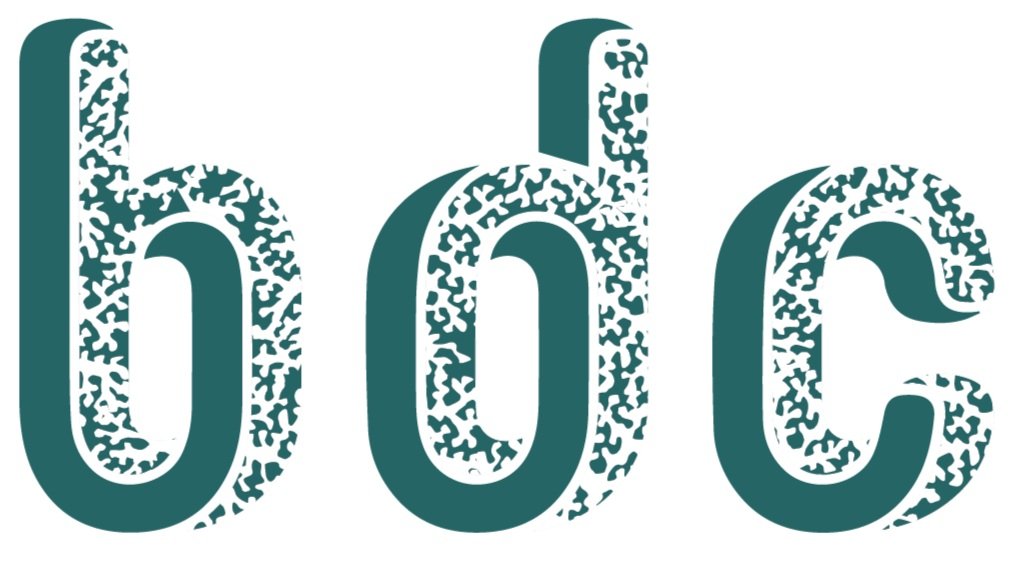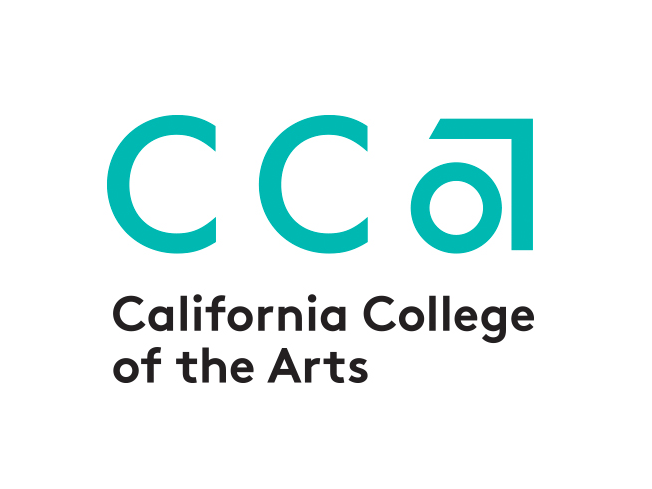California College of the Arts Design
PROJECTS | 2021
Ecosystem Vessel
Shubhangi Chuhadia
In response to the reactions humans have to microbes like bacteria and fungi, Ecosystem Vessel attempts to create empathy across phylogenetic kingdoms. The project creates an ecosystem within a vessel that incorporates fungi as a source of nutrients and beauty.
Finalist Team
Instructor - 2021
Lynda Grose
Lynda Grose has worked in the field of fashion and sustainability for 30 years and co-founded ESPRIT’s ecollection, the first ecologically responsible clothing line developed by a major corporation. Lynda’s professional activities span through design, craft-based micro-enterprise development, design for sustainability workshops and research through studio practice. She is a contributing author to Opening Up the Wardrobe (Novus Press), The Routledge Handbook on Sustainable Fashion (Routledge), Sustainable Textiles: Life Cycle and Environmental Impact (Woodhouse Publishing, London), and Sustainability in Fashion and Textiles: Values, Design, Production and Consumption (Greenleaf Publishing). Lynda co-authored Fashion and Sustainability: Design for Change (Lawrence King Publishers) which connects ecological theory and fashion practice and explores the new aesthetic(s) which emerge when sustainability values are embraced as a core design directive. She currently serves as professor and Chair of CCA’s Fashion Design program. She is a founding board member of the Union of Concerned Researchers in Fashion (UCRF). Lynda sees design as a force that can help give form to a sustainable society and is passionate about emergent roles for designers working in this context.
Michael Bogan
For nearly a decade, Michaelk has created and run biological design courses that joined students at CCA with grads and postdocs at Stanford Biology who helped students manipulate life for an artistic or design end of their own choosing. Michael’s exploration began with bio-luminescent cells and has branched out to include explicitly experimental design methodology; collaboration with living, non-human, designers; diagramming and abstraction of bio-patterns with a focus on the mechanisms of their generation; algorithmic imitation of bio-patterns; and live works of art/design. Michael also practices and teaches architecture at Berkeley and CCA. Prior to this, he was the HIV Rights Advocate for San Francisco. He holds advanced degrees from Berkeley, the London School of Economics, and Columbia.


